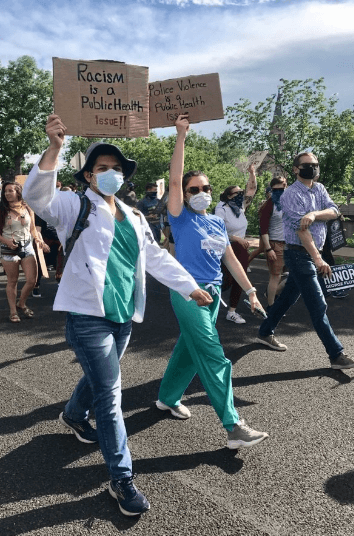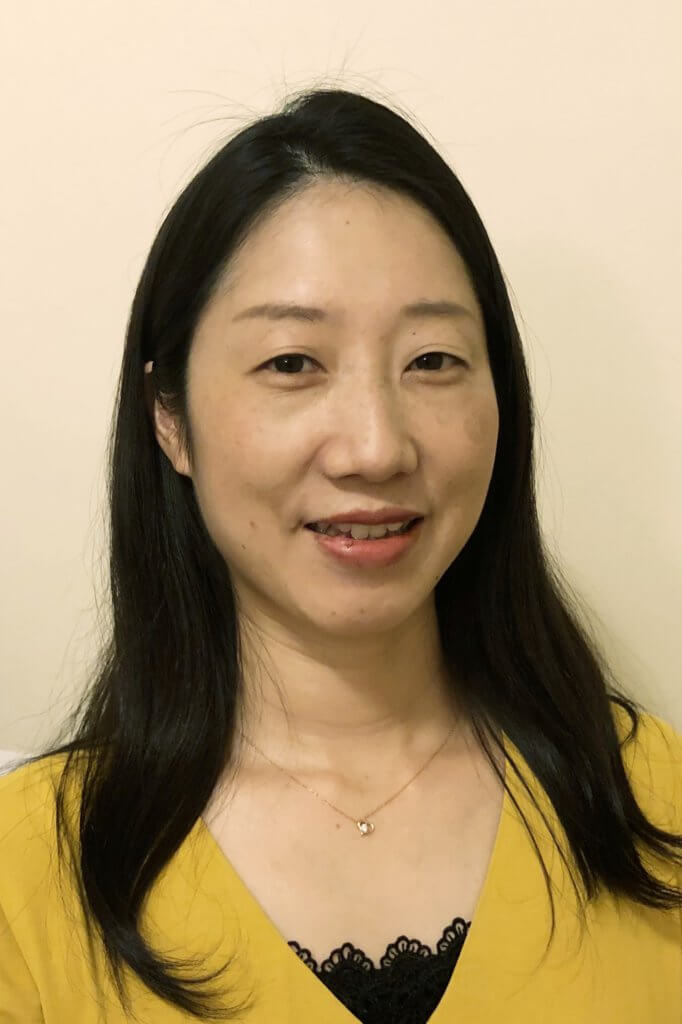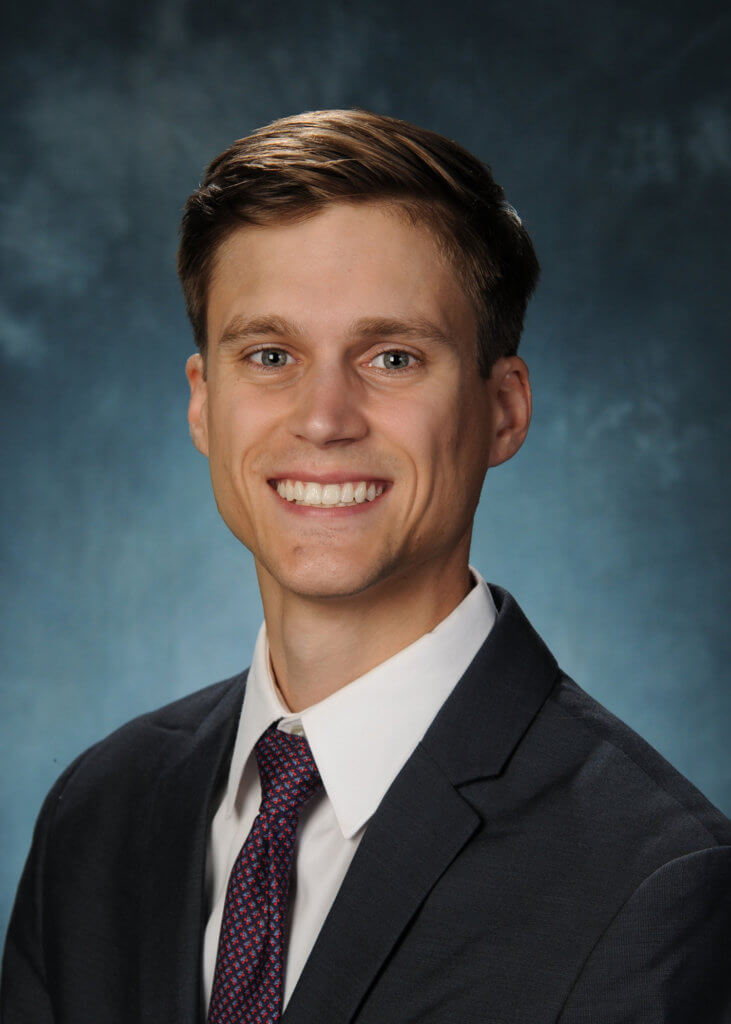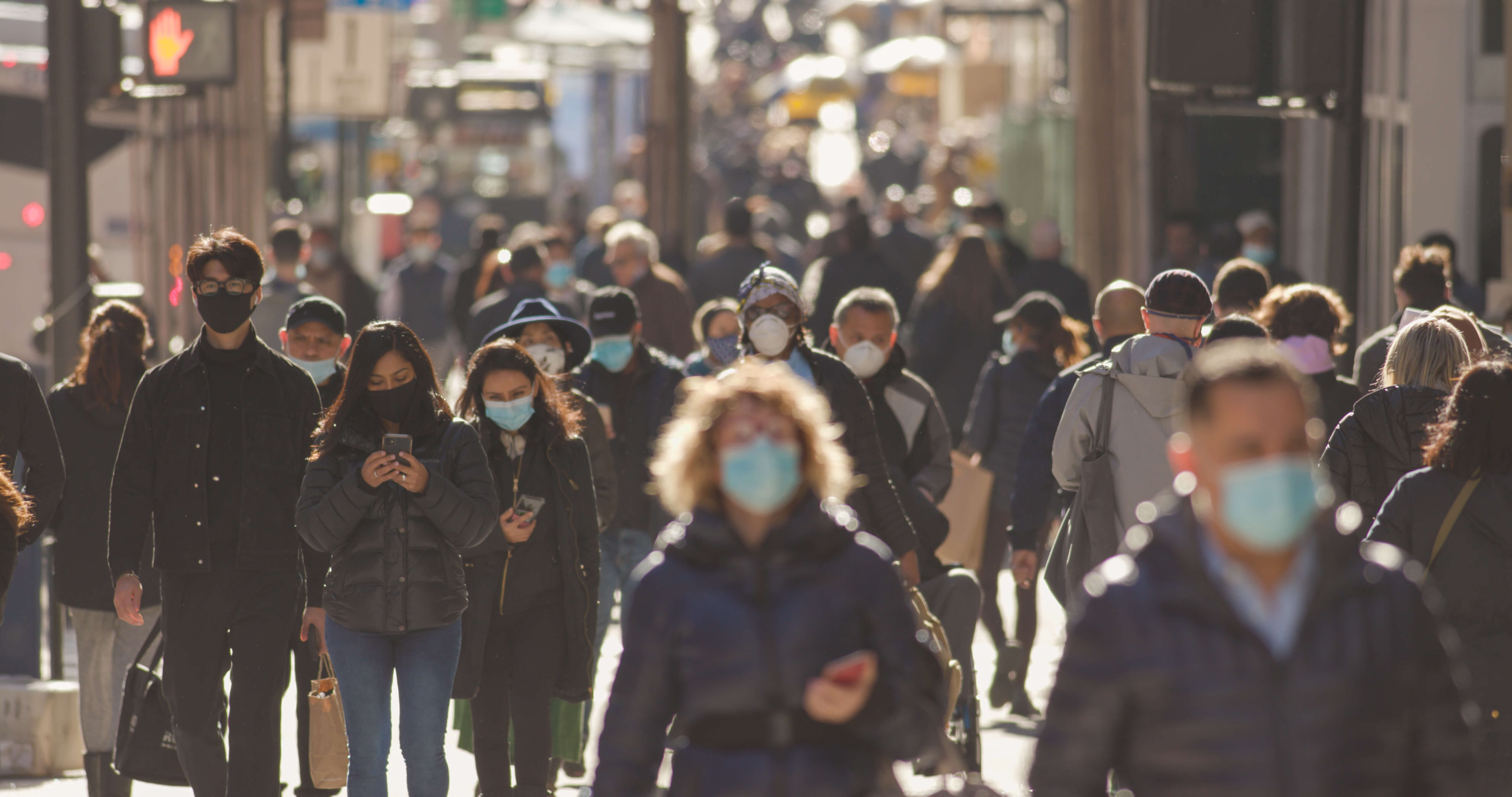Public health: Essential and more important than ever
As of the start of 2021, over two million people worldwide have lost their lives to COVID-19 and daily, the number of infections continues to rise. Four years ago, a water crisis in Flint, Michigan resulted in its residents — including children — being exposed to dangerous levels of lead, which causes irreversible brain damage. Various forms of social injustice – including poverty, hunger, racism, and lack of access to education and healthcare — continue to make communities sick.
Public health professionals are leading the charge to solve these crises. In Flint, public health advocate Mona Hanna-Attisha’s research on the blood lead levels of children in her clinic led to authorities raising the alarm over using Flint River as a water source. In communities across the globe today, contact tracers, researchers, health educators and other public health professionals are working to protect us from the pandemic and other health threats. Their contributions reinforce their crucial roles in promoting health.

Source: Thomas Jefferson University
Their legacies are set to be continued by the graduates of Thomas Jefferson University College of Population Health (JCPH). Through a forward-thinking Master of Public Health (MPH) program, JCPH students learn the art and science of preventing disease, promoting physical and mental health, organizing health services, and controlling infectious diseases. Teachings here are in line with the 10 Essential Public Health Services framework established by the Centers for Disease Control and Prevention, which revolves around the concept of promoting health equity.
Professors are actively working in the community to make a difference. Dr. Jean Wallace assists the Philadelphia Collaborative for Health Equity by implementing a new grant program which addresses high-priority health needs in the North Philadelphia Latino community. Program Director Dr. Rosemary Frasso provides consulting support and oversees qualitative projects for clinicians, researchers, and students as well as for partners at the VA Medical Center, Children’s Hospital of Philadelphia, and the Philadelphia Department of Public Health. Denine Crittendon is tackling issue of racial injustice in and out of the classroom through research and education on cultural competency.
See and build a better world
Dr. Frasso describes public health as “a lens through which you can see the world differently and identify and tackle the root causes of poor health.” This was the perspective that cemented MPH student Kaitlyn Davis’s passion for the interdisciplinary field. “I’ve always been a fixer, eager to do something, always bothered by the many health-related problems that I see in our world, but I realize now that there is so much to understand about the intricacies of these problems before addressing them. This lens of public health has given me a much greater understanding and a new way of looking at the world,” Davis shares.
The Master of Public Health (MPH) program enables students to develop competencies in key areas such as: research, policy and advocacy, healthcare quality and safety, public health practice and the intersection of public health and medicine. Students can flex their course schedule to suit their needs, studying full-time, part-time, or on an accelerated timeline to complete the degree in less than one year.
This year, faculty members have incorporated topical issues such as the impact of racism on healthcare and challenges presented by COVID-19 into coursework — a welcome move for students like Tiara Halstead who believe it will make her more employable in a post-pandemic world. “COVID-19 has changed everyone’s lives and it will certainly impact my career in the future … I have learned the importance of adaptation in the face of adversity and that adversity does not guarantee failure,” shares Halstead, who wishes to make health equity the focus of her career upon graduating in 2021.
A pathway for every aspiration

Source: Thomas Jefferson University
The best aspect of the MPH? Flexibility in timing, area of focus, and setting. The MPH is offered via several pathways. MPH LEAP, the Accelerated Format, trains students to be leaders in evidence, application and prevention, ensuring they graduate ready to make a difference for patients and communities in just one year. This pathway provides pre-healthcare students with an opportunity to use their “gap year” to pursue an MPH degree. Also to be completed within a year is the Time Out Program, designed for medical students looking to take a year off to earn an MPH degree.
Before joining the College of Population Health as an MPH student, Yuri Matsubara, 41, was a general pediatrician in rural Japan. Later, she pivoted to a career in research, focusing on areas such as epidemiology for Kawasaki disease or other intractable diseases. Her plan after graduating from JCPH is to concentrate on maternal and children’s health. “Specifically, I would like to lead some state-wide projects to improve the daily life for children with disabilities and their families in home care, not just as a pediatrician, but also as a professional public health provider. I believe I will be up to the challenge, as I learned how to manage large scale projects through the MPH program,” Matsubara says.
The Advanced Standing pathway was designed for medical school graduates who wish to pursue an MPH. The MPH can be taken as a dual degree too, which allows students to combine areas of interest — such as social work, law, pharmacy or medicine— with a public health degree. The College offers the following options: MD/MPH, PA/MPH, DO/MPH, MSS/MPH, PharmD/MPH, and JD/MPH.

Source: Nathan Hoff -Thomas Jefferson University
How do students decide which programme is right for them? It’s all about career objectives. Fourth-year medical student from Pennsylvania, Nathan Hoff, 28, believes his MPH will be a “valuable tool” as he progresses to complete a psychiatry residency and get involved in healthcare administration or policy. MD/MPH student from Chicago, Hannah Garrigan, 27, wishes to be an ophthalmologist that “wears many hats.” Maryland-native MariaLisa Itzoe, 30, chose the DO/MPH option “to better work with patients as a future physician” with plans to pursue a gastroenterology fellowship in the future.
What these students — from entirely different backgrounds, interests and career trajectories — have in common is that they are confident they will be able to achieve their goals and handle the challenges their future careers have in store for them thanks to the thorough grounding in public health concepts and principles they have acquired through their MPH pathway. To fast-track your public health career with the Thomas Jefferson University College of Population Health, click here.
Follow Thomas Jefferson University on Facebook, Twitter and YouTube











